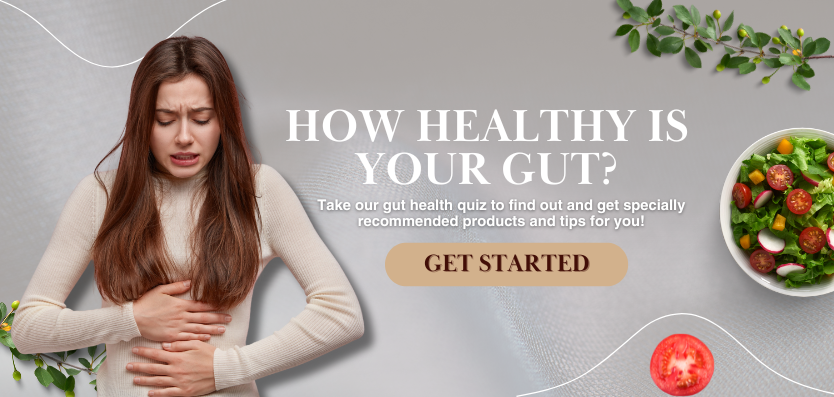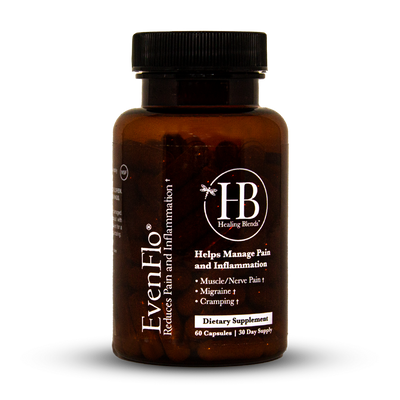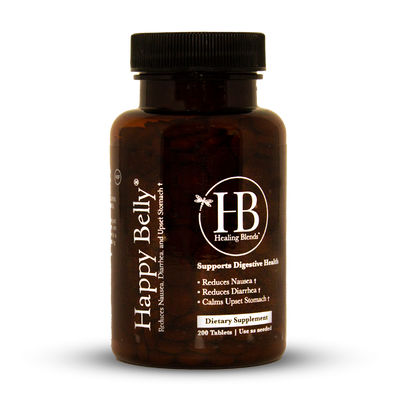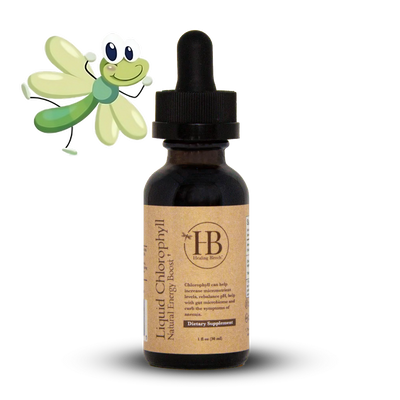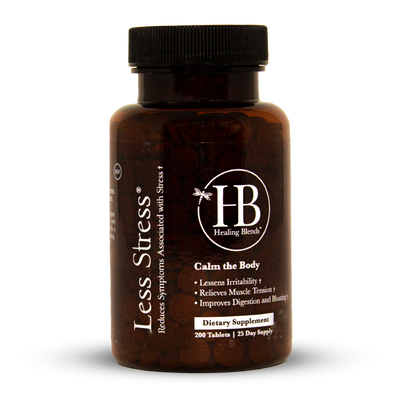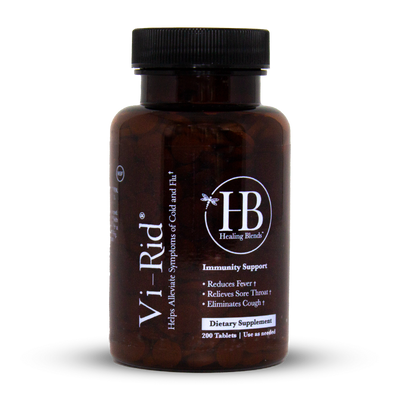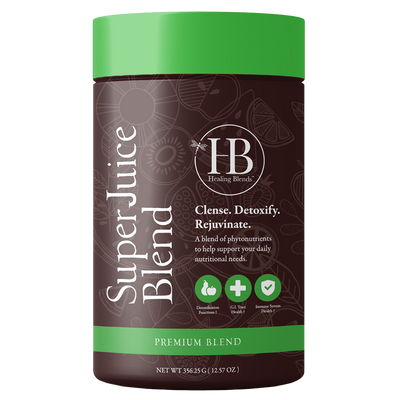Case Studies: Evaluation & Treatment of Patients with Hypertension or Prehypertension
What is hypertension?
Millions of individuals are diagnosed with hypertension or high blood pressure on a yearly basis. 85% of cases of hypertension are usually stress related, 10% are related to lifestyle modifications and only 5% are shown to be hereditary. Stage one hypertension is listed as between 130-139/80. Stage two is when you are between 140-151/90-100. Stage three is anything more than that and requires automatic hospitalisation. Most cases, unfortunately, are not diagnosed until it is too late. There is usually a co-diagnosis which tends to be stress related diabetes and most individuals are usually on other medication; whether it is for diabetes, anxiety or pain, which can be causes of hypertension.
HTN Care by Healing Blends Global, is a combination of herbs clinical shown to maintain a healthy cardiovascular system, improve blood pressure, reduce symptoms and repair conditions related to high blood pressure such as headaches, muscles tension, general fatigue and stress. Individual who may experience frequent headaches, changes in vision, nosebleeds, dizziness, tinnitus sensation, swelling in the eyes, irritability, insomnia or palpitations are all associated with having an elevated blood pressure, but you can also be asymptomatic. Hypertension can also lead to heart attacks, strokes and heart failure. Over a billion people worldwide are diagnosed with hypertension yearly so it is important for us to treat it. Most people with hypertension tend to be on medication for the rest of their lives – the idea is that hypertension is not being managed properly, both by patients and medical establishments. This is one of the reasons why HTN Care was introduced, not just to alleviate symptoms but also to make sure that people are not taking medication that may result in cross over disease conditions that reduce the quality of life of patients. Most individuals that start with hypertension end with diabetes, cholesterol problems and a slew of other possible problems. It turns out to be a long-term situation.
Case Study 1: Asymptomatic 59-year-old male
Upon coming in, he was asymptomatic but was aware of some dizziness he was having as well as some impotence (erectile dysfunction). Upon taking his blood pressure, it was in his left arm and in his right arm. His blood pressure was taking several more times after that but stayed above 145 most of the time. The patient was obese, lacked exercise, and maintained a standard American diet. He did not see the importance of diet or exercise. He was introduced to a diet as well as HTN Care, the only supplements he has taken. We had him take his blood pressure four times a week. According to him, after the first two weeks, there was a steady decline in his blood pressure. It was on average in the first week, in the second week, the third week average was and the average in week four was . Once he came back for a revisit, we had him do a diary on a weekly basis instead of daily. He reported that he had lost 5kg in the first four weeks, without changing much about his diet but drinking more water, as well as taking a HTN Care pill, twice a day. On the fifth week, he saw that his blood pressure maintained . In the sixth week, it was . In week seven he was travelling and so was not able to eat properly so it was . We stopped in the eighth week where his blood pressure dropped to and his total weight loss was 12kg. The plan is for him to maintain this course and implement a better dietary regimen with him and see how he does over the next two months. Patient also reported being able to maintain and sustain an erection for much long after the 8th week of taking HTN Care
Case Study 2: 60-year-old woman
She reported fatigues, severe stress, obesity, and a history of syncopy. Patient reports having stroke and cardiac disease in her family. Her blood pressure was and her goal was to lose weight as well as maintain a healthy blood pressure. We had done some readings on her, and her cholesterol was 260mg/dL so we also wanted her to maintain a healthy cholesterol. She had stage one hypertension and we were aware of the issues she was having, so we gave her a higher dosage of HTN Care, two pills, twice a day. This dose was advised because of wanting to lower her lipid profile, and she was already a hgher risk for a stroke, we wanted to make sure that she was getting all that she needed. We also implemented a dietary plan as she was also previously on a standard American diet – she ate very few fruits and vegetables, so we put her on a high fruit and vegetable diet with low amounts of carbohydrates and protein.
She was also on several medications (diuretic, ACE inhibitor, ARBs and a calcium blocker) that we wanted to reduce. For the first two weeks of taking the two HTN Care pills, twice a day, we saw that her blood pressure, which she was taking at least three times a week, was under control, with an average of . In the next two weeks it dropped to and she had lost a total of 10kg – she had never lost that amount of weight. She was able to maintain that over the next two weeks. After speaking to her physician, she was able to reduce the amount of diuretic she was taking, as well as being taken off some of her other medication. After another two weeks, her blood pressure had dropped to however it did increase in the next two weeks. She had now lost a total of 12kg. Her overall aim was to continue with this trend by maintaining her diet, taking her herbs properly and reducing her dependence on the other cardiac medications and statins. Her symptoms of fatigue improved along with her other symptoms.
Case Study 3: 63-year-old male
Patient’s initial visit showed a blood pressure of . He was not obese but was very stressed, taking two blood pressure medications and was unable to sleep. He had stage two hypertension. The plan was to focus on diet and have him take two HTN Care pills twice a day for the first four weeks to see how his body would react. In the first two weeks, we saw a reduction in his stress levels, he no longer had headaches or pain across his shoulders, and he would wake up less often in the middle of night (from four times a night). His blood pressure decreased to . After another two weeks, his blood pressure fell more to , a huge improvement, and he also managed to maintain his stress levels. We kept him on two pills, twice a day and by the next two weeks, he was able to sleep even better, only getting up once or twice in the night, and his blood pressure was on average. The plan is to maintain this trend and to keep the patient off as many medications as possible.
HTN Care is recommended for patients with frequent headaches, vision changes, nose bleeds, dizziness, tinnitus sensation, swelling in the eyes, irritability, insomnia and palpitations. Those with hypertension can be asymptomatic so it is important that you are being monitored by your physician.
The key component in HTN Care is curcumin which has been shown largely to reduce inflammation and improve the epithelial health of the veins and arteries. Cinnamon has largely been studied as of late. It contains a phytochemical called cinnamaldehyde, which is a gentle muscle relaxant. Cinnamaldehyde has adaptogenic properties and helps to reduce stress levels that contribute to high blood pressure. It mildly increases vasodilation, and its antioxidant properties fight oxidative damage. Cinnamaldehyde has also been shown to lower cholesterol levels to combat cardiovascular disease.There is a small amount of liquorice which has antioxidants and helps capillary health and hinders the growth of arterial plaque, which is key for most hypertensive patients. The daily consumption of liquorice can reduce cholesterol up to 5-10% and blood pressure up to 10-15% in just one month, which we saw in the clinical trial. It also decreases oxidative stress and damage done to the veins and arteries. There is also rhubarb in HTN Care because many individuals with hypertension complain about stomach cramps or stomach stress, meaning that their microbiome is not efficient.
Reference:
References:
- Santos-Parker JR, Strahler TR, Bassett C.J., Bispham NZ, Chonchol MB, Seals DR. Curcumin supplementation improves vascular endothelial function in healthy middle-aged and older adults by increasing nitric oxide bioavailability and reducing oxidative stress. Aging. 2017;9(1):187-205. https://dx.doi.org/10.18632%2Faging.101149.
- Aggarwal BB, Harikumar KB. Potential therapeutic effects of curcumin, the anti-inflammatory agent, against neurodegenerative, cardiovascular, pulmonary, metabolic, autoimmune and neoplastic diseases. Int J Biochem Cell Biol. 2009;41(1):40-59. https://doi.org/10.1016/j.biocel.2008.06.010.
- Wongcharoen W, Phrommintikul A. The protective role of curcumin in cardiovascular diseases.Int J Cardiol. 2009 Apr 3;133(2):145-51. doi: 10.1016/j.ijcard.2009.01.073.
- Li X, Fang A, Tian X, et al. Curcumin attenuates the development of thoracic aortic aneurysm by inhibiting VEGF expression and inflammation. Mol Med Rep. 2017;16(4):4445-62. https://dx.doi.org/10.3892%2Fmmr.2017.7169.
- Vasanthi HR, Parameswari RP. Indian spices for healthy heart – an overview. Curr Cardiol Rev. 2010 Nov; 6(4): 274–279. doi: [10.2174/157340310793566172].
- Harada M, Yano S. Pharmacological studies on chinese cinnamon. II. Effects of cinnamaldehyde on the cardiovascular and digestive systems. Chem Pharm Bull. 1975;23(5):941-7. https://doi.org/10.1248/cpb.23.941.
- Singh G, Maurya S, Delampasona MP, Catalan CAN. A comparison of chemical, antioxidant and antimicrobial studies of cinnamon leaf and bark volatile oils, oleoresins and their constituents. Food Chem Toxicol. 2007;45(9):1650-61. https://doi.org/10.1016/j.fct.2007.02.031.
- Jayaprakasha GK, Jagan Mohan Rao L, Sakariah KK. Volatile constituents from Cinnamomum zeylanicum fruit stalks and their antioxidant activities. J Agric Food Chem. 2003 Jul 16;51(15):4344-8. doi: https://doi.org/10.1021/jf034169i.
- Xue YL, Shi HX, Murad F, Bian K. Vasodilatory effects of cinnamaldehyde and its mechanism of action in the rat aorta. Vasc Health Risk Manag. 2011;7:273–80. https://dx.doi.org/10.2147%2FVHRM.S15429.
- Babu PS, Prabuseenivasan S, Ignacimuth S. Cinnamaldehyde—a potential antidiabetic agent. Phytomedicine. 2007;14(1):15-22. https://doi.org/10.1016/j.phymed.2006.11.005.
- Fogelman, Y, Gaitini D, Carmelo E. Antiatherosclerotic effects of licorice extract supplementation on hypercholesterolemic patients: decreased CIMT, reduced plasma lipid levels, and decreased blood pressure. Food Nutr Res. 2016;60. doi: 10.3402/fnr.v60.30830.
- Kao TC, Wu CH, Yen GC. Bioactivity and potential health benefits of licorice. J Agri Food Chem. 2013;62(3):542-53. https://doi.org/10.1021/jf404939f.
- Fuhrman B, Volkova N, Kaplan M, Presser D, Attias J, Hayek T, Aviram M. Antiatherosclerotic effects of licorice extract supplementation on hypercholesterolemic patients: increased resistance of LDL to atherogenic modifications, reduced plasma lipid levels, and decreased systolic blood pressure. Nutrition. 2002;18(3):268-73. https://doi.org/10.1016/S0899-9007(01)00753-5.
- Kobayashi S, Miyamoto T, Kimura I, Kimura M. Inhibitory effect of isoliquirtin, a compound in licorice root, on angiogenesis in vivo and tube formation in vitro. Biol Phram Bull. 1995;18(10):1382-6.
- Carmeli E, Harpaz Y, Kogan NZ, Fogelman Y. The effect of endogenous antioxidant glabridin on oxidized LDL. J Basic Clin Pharm. 2008;19(1):49-64. https://doi.org/10.1515/JBCPP.2008.19.1.49.
- Final Recommendation Statement: High Blood Pressure in Adults: Screening. U.S. Preventive Services Task Force. September 2017.











